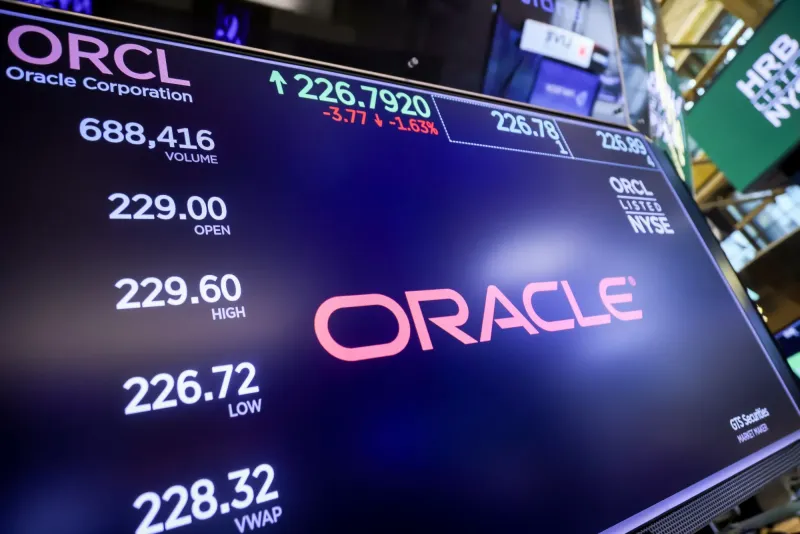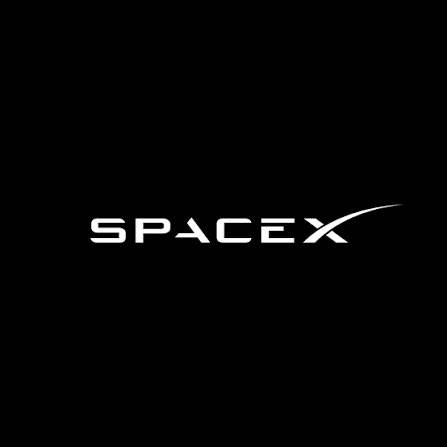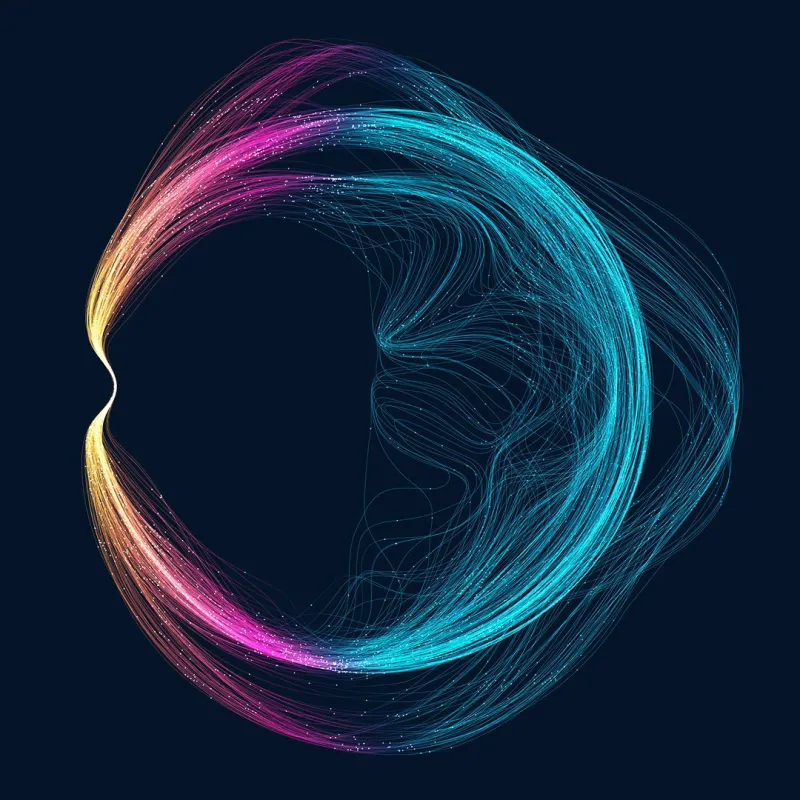A year ago, Sam Bankman-Fried was in front of newspapers and in the halls of Congress, a crypto-billionaire gambler who rubs shoulders with movie stars and political campaign funds. On Tuesday, the founder of digital currency exchange FTX is expected to be released from prison after serving more than seven weeks in a Manhattan court on federal charges of fraud and money laundering. , holds one of the largest and fastest-growing companies. fall in decades. The charges against Mr. Bankman-Fried, 31, have put other members of the crypto industry on trial. It has become a symbol of the unchecked hubris and reckless business that has turned cryptocurrencies into a multi-billion dollar industry during this pandemic. The demise of FTX in November helped burst the bubble, decimating other prominent companies and sparking government chaos. This article will provide a window into the Wild West style of financial engineering that fueled crypto growth and attracted millions of inexperienced investors, many of whom lost their savings when the market crashed. Prosecutors on both sides of the case are expected to expose the culture of scamming and risk that surrounds FTX and distribute the often misleading social media that helped create years of hype. crypto environment. Jury selection begins Tuesday in US District Court, and the trial is expected to last six weeks. Camera crews and journalists are expected to flock to the court, and author Michael Lewis has a highly anticipated book about the trial coming out on the same day, which shows behind-the-scenes details of Mr. Bankman-Fried. Mr. Bankman-Fried, who faces seven charges, is accused of orchestrating a years-long fraud that took billions of dollars from clients to fund political donations, venture capital investments, and buyouts. luxury home.
He said he was not guilty. If convicted, he could be sentenced to life in prison. He faces an uphill battle. Three of his closest advisers pleaded guilty and agreed to testify against him. Prosecutors have gathered millions of pages of digital evidence, including text transcripts, financial records, and emails, and they plan to present 1,300 exhibits during the trial. The judge, Lewis A. Kaplan, sided with the prosecution repeatedly in procedural disputes, rejecting expert witnesses the defense hoped to call and allowing the government to use evidence that Mr. Bankman-Fried challenged. In the past month and a half, Mr. Bankman-Fried was also able to prepare his case in a Brooklyn jail, after Judge Kaplan revoked his bail, ruling that he tried to suppress witnesses. Representative Mr. Bankman-Fried declined to comment. A spokesman for the US Attorney's office in the Southern District of New York, Mr. Bankman-Fried, also refused. Known for his signature line of T-shirts and shorts, Mr. Bankman-Fried has established himself as a rare, brilliant figure in the highly regulated world of crypto. He founded FTX in 2019 and raised $2 billion in capital, promising to work with regulators to write new rules for the company. He was also a political contributor, contributing more than $5 million to support Joseph R. Biden's 2020 presidential campaign.
:max_bytes(150000):strip_icc():focal(2749x0:2751x2)/GettyImages-1245786421-7e023ca9ece546c895dcc0561208000a.jpg)
“It’s a fraud that was enabled and supercharged by crypto, and by crypto’s unique aspects,” said Lee Reiners, a crypto expert who teaches at Duke Law School. “It wouldn’t have been possible in any other context.” “It doesn’t appear that there’s any sort of path to victory” for Mr. Bankman-Fried, said Renato Mariotti, a former federal prosecutor. Also looming over the trial is the question of whether Mr. Bankman-Fried, who is unusually garrulous for a criminal defendant, will testify — a high-risk move that defense lawyers tend to discourage. “It will surely be painful for him to remain quiet if he believes or convinces himself that the government is mischaracterizing his transactions and his closest associates are making up stories about him,” said Daniel Richman, a law professor at Columbia University and a former federal prosecutor. The downside is “he might not respond well to forceful cross-examination.”
Cont.



